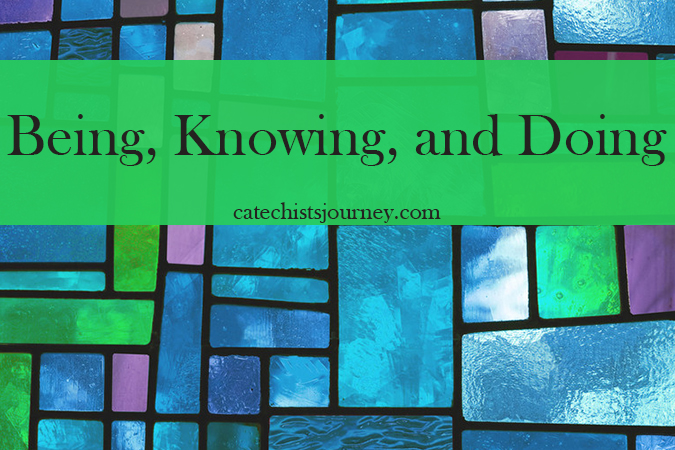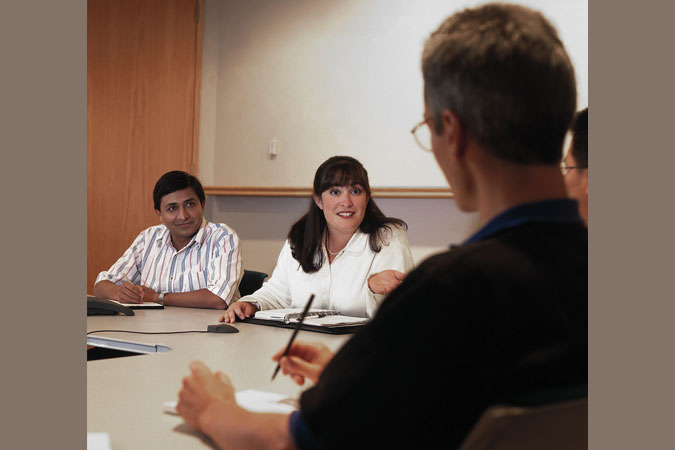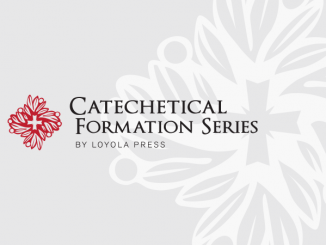
When we speak of someone being a well-rounded person, we are referring to the fact that that person is fully developed and possesses knowledge, capabilities, and skills in a wide range of areas. Catechists are most definitely called to be well-rounded!
I was thrilled to see that the new Directory for Catechesis continues to use the language of the previous General Directory for Catechesis that insists that catechist formation be “three dimensional,” focusing on the areas of being, knowing, and doing. Formation that emphasizes these three areas envisions catechists who are well-rounded human beings. What are these three dimensions of catechist formation? Let’s take a quick look:
- Being—Formation in the area of being is designed to ensure that the catechist is growing and maturing as a human being who can truly act as a witness of faith—a person possessing healthy emotional balance, the ability to relate well to others, a deepening spirituality, and the ability to think soundly and critically.
- Knowing—Formation in the area of knowing is designed to ensure that the catechist is capable of faithfully transmitting the Christian Tradition, which comes from familiarity with Scripture, the four pillars of the Catechism of the Catholic Church, the teachings of the Magisterium of the Church, and the faith development of those they are teaching.
- Doing—Formation in the area of doing (referred to in the Directory for Catechesis as “savoir-faire”) is designed to ensure that the catechist is skilled in various methodologies and capable of effectively engaging those they teach in order to build relationships, effectively transmit the content of our faith, and facilitate the transformation of hearts and minds through prayerful encounters with Jesus Christ.
These three dimensions are at the heart of the Catechetical Formation Series that I have developed with my colleague and friend Deirdre Mullane. This series of ten free online sessions covers the dimensions of being, knowing, and doing in a way that catechists can participate in at their convenience. Each session includes a downloadable PDF to guide reflection and discussion and to submit verification of completion of a session to a catechetical leader or diocese for certification purposes.
God wants all of his children to be well-rounded, and it is especially crucial that catechists are formed in these three dimensions as we are called to be models of discipleship for those we teach.





Be the first to comment